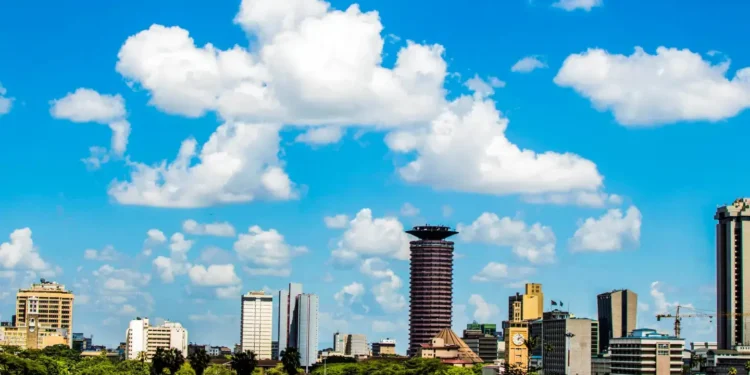Africa is an extremely diverse continent composed of low-income, middle-income, and high-income countries. The continent is estimated to have a total Gross Domestic Product (GDP) of US$3.1 trillion, which accounts for 3% of the global GDP. However, with its vast natural resources, Africa has a huge potential to expand its economy significantly.
In this article, we’ll uncover the 10 largest economies in Africa that set the foundation for the continent’s future economic resurgence. (Data Source: World Bank).
Nigeria
Nigeria is Africa’s largest economy, with a GDP of US$477.39 billion. The oil industry accounts for about 90% of Nigeria’s total export value and approximately 9% of the GDP. However, efforts are underway to diversify the economy, with a consistent focus on sectors such as technology, manufacturing, and agriculture.
Related: How to Invest in the Nigerian Stock Exchange
Egypt
Country’s GDP: 476.75 billion
Egypt is the second biggest economy in Africa. The country has a GDP of 476.75 billion, trailing behind Nigeria by less than US$1 billion. With the ongoing economic reforms to stimulate growth and attract foreign investment, Egypt may topple Nigeria as the continent’s largest economy.
South Africa
Country’s GDP: US$405.87 billion
Known as the most industrialized country in the continent, South Africa has one of the most resilient economies in Africa. Key economic sectors in the country include mining, technology, automobile manufacturing, agriculture, energy, and tourism.
Algeria
Country’s GDP: US$191.91
Algeria is a major economic powerhouse in North Africa and the fourth-largest economy in Africa. The hydrocarbon sector accounts for about 19% of the country’s GPD and 93% of all product exports (2016-2021). The country aspires to diversify its economy and reduce its overdependence on the hydrocarbon sector.
Morocco
Country’s GDP: US$134.18 billion
Morocco’s GPD fell from US$142.87 billion in 2021 to US$134.18 billion in 2022, fueled by the Russia-Ukraine war. However, the country remains one of the most attractive hubs for investment and trade in North Africa. Key economic sectors in Morocco include mining, manufacturing, tourism, and agriculture.
Ethiopia
Country’s GDP: US$126.7 billion
Ethiopia is one of the largest and fastest-growing economies in the Sub-Saharan region. Agriculture, tourism, energy, mining, manufacturing, and textile industries are some of the major sectors that allow Ethiopia’s economy to thrive. The country’s productivity is projected to grow significantly following peace restoration in Northern Ethiopia.
Kenya
Country’s GDP in 2022: US$113.42 billion
Kenya has the largest economy in East Africa, with a GDP of US$113.42 billion in 2021. The country’s sustained economic expansion is driven by the thriving technology sector, robust service sector, agricultural modernization, and infrastructure development.
Angola
Country’s GDP: US$106.71 billion
With a GDP of about US$ 106.71 billion, Angola is the eighth largest economy in Africa. Angola’s economy relies heavily on the hydrocarbon industries. To foster economic growth, Angola aspires to diversify its economy and boost trade exports.
Tanzania
Country’s GDP: US$75.71 billion
Tanzania has experienced steady economic growth spurred by the tourism, mining, and agriculture sectors. Infrastructural projects such as Dar es Salaam port’s upgrade and the Standard Gauge Railway contribute to the country’s future economic development.
Ghana
Country’s GDP: US$72.84
Ghana’s US$72.84 billion GDP is underpinned by mining, agriculture, and the service sector. Despite the current economic crisis, Ghana is an appealing destination for investments.




